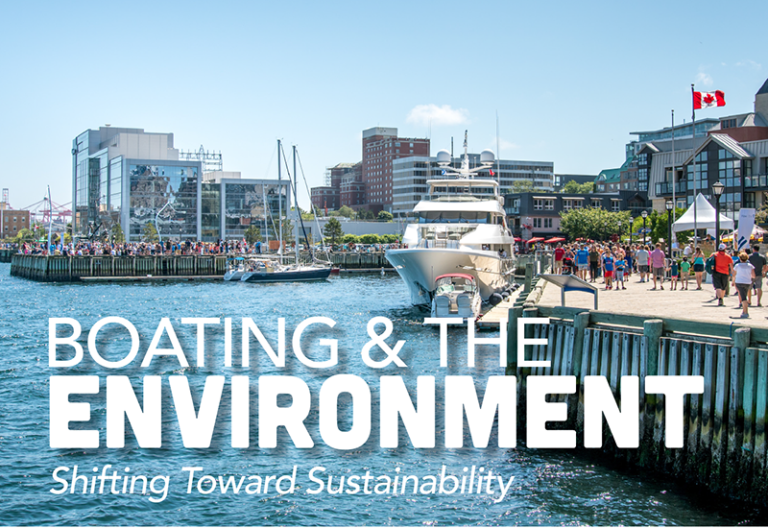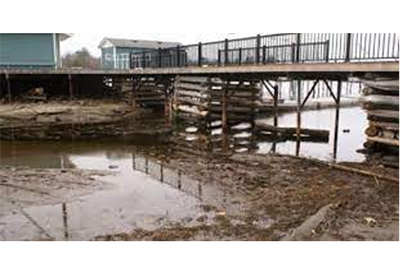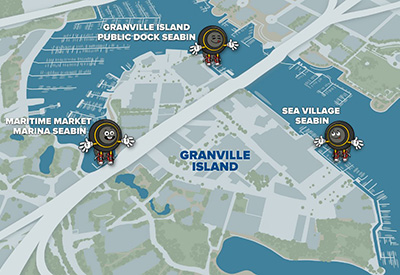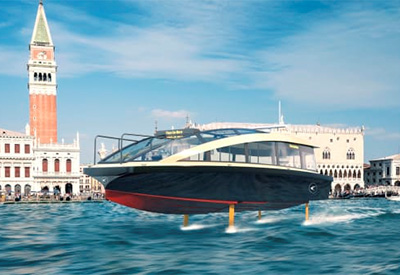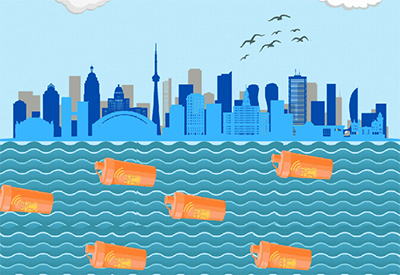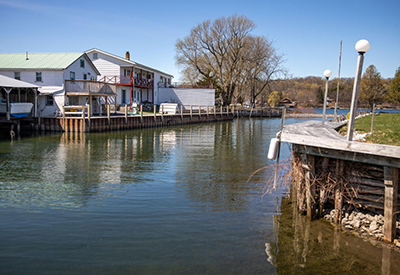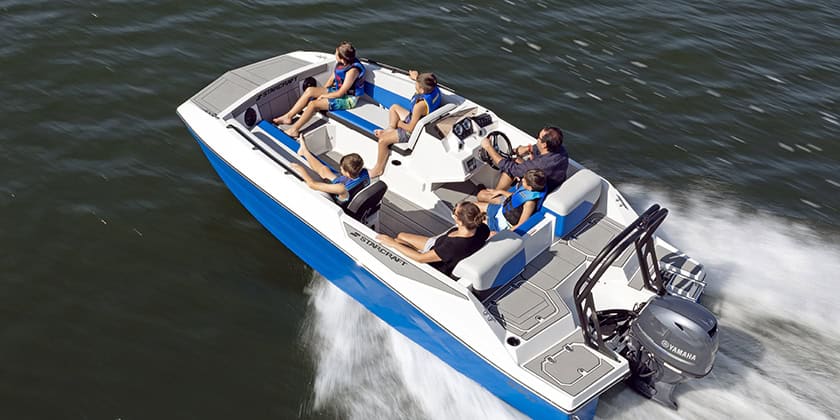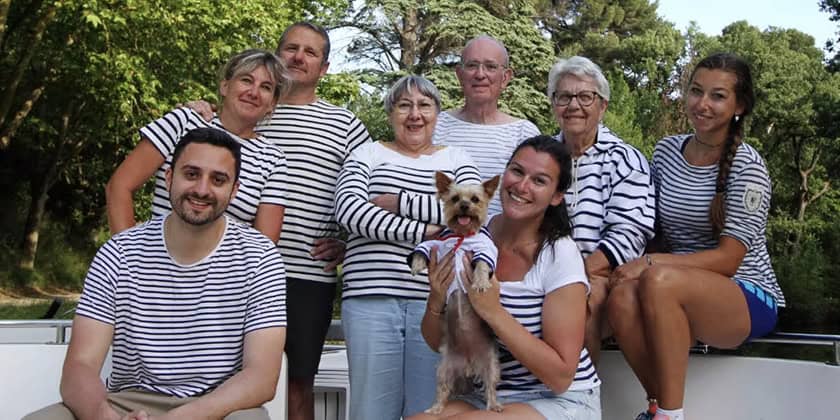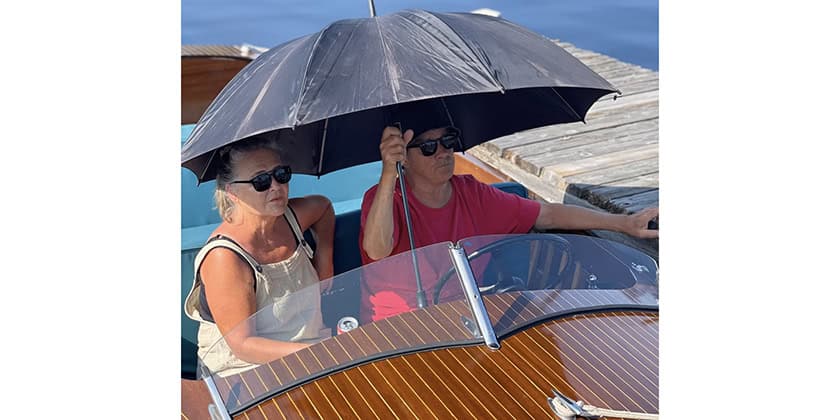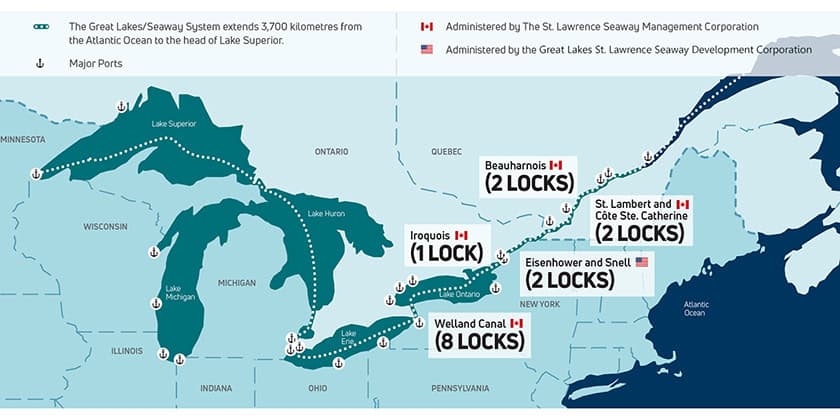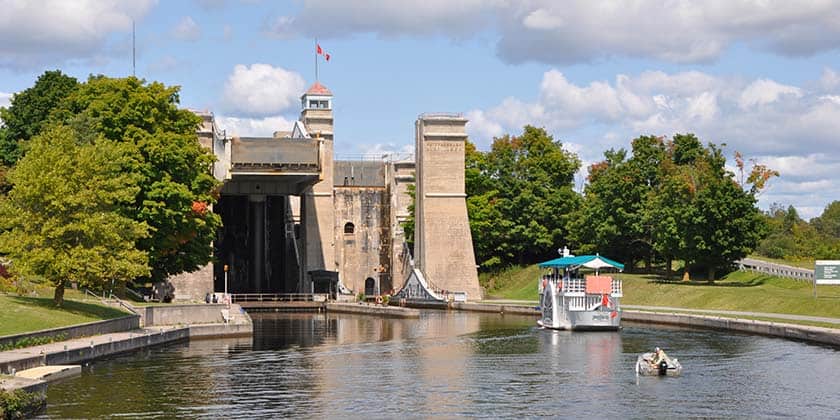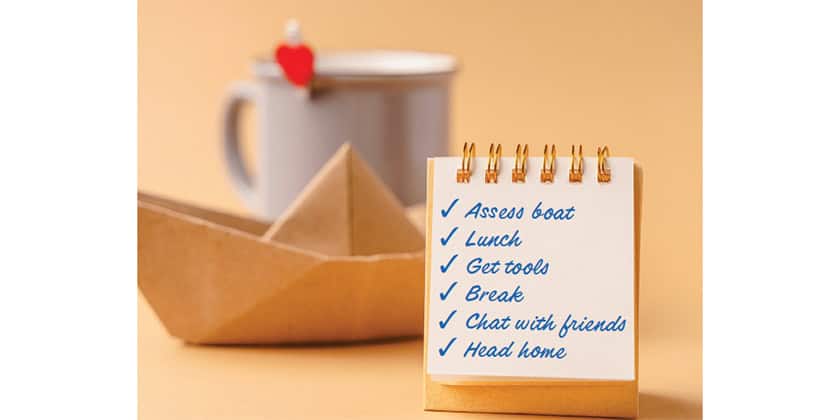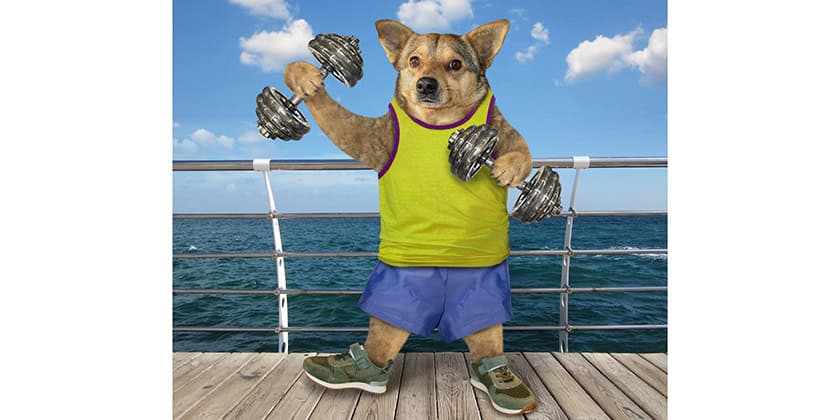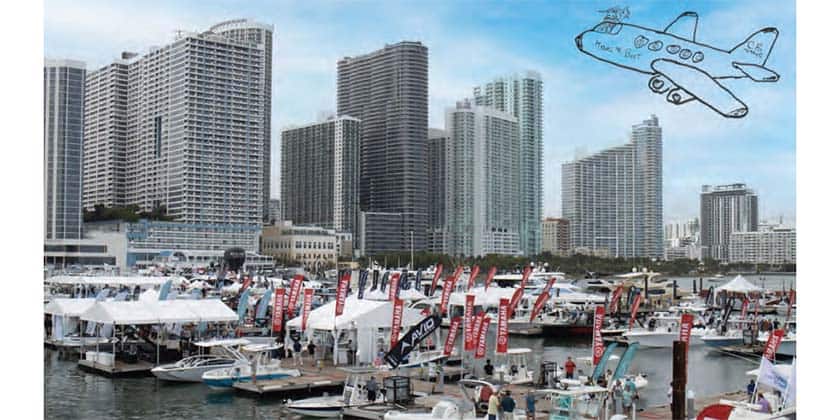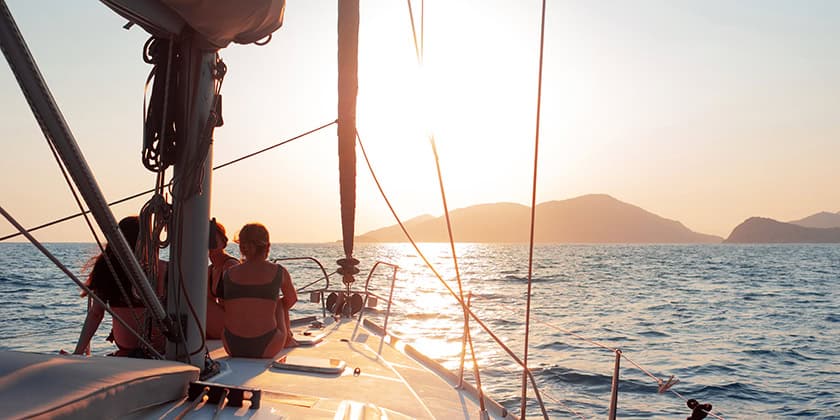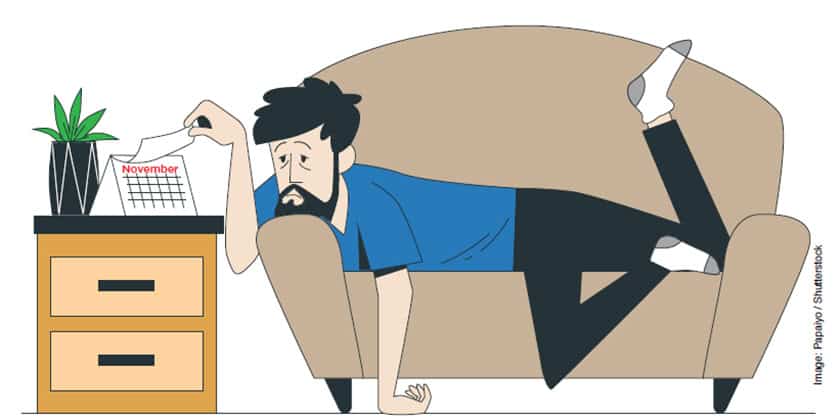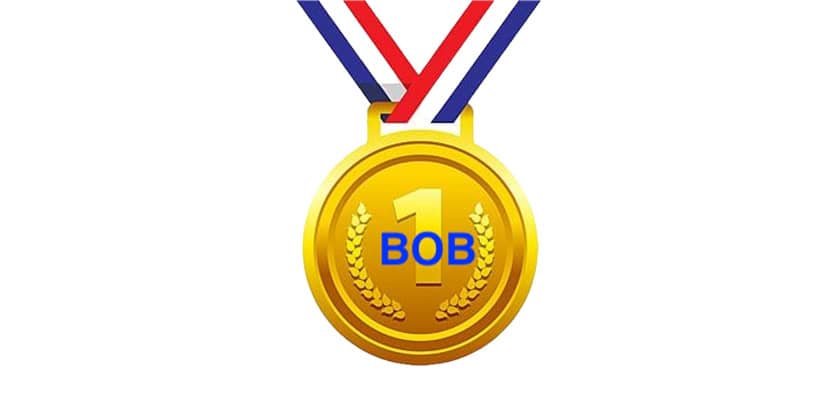Whales! The biggest thrill of boating is the amazing wildlife we encounter in and around the Strait of Georgia.
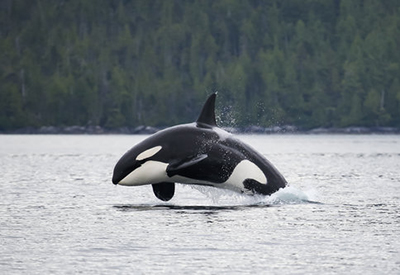
Jan 14, 2021
Wildlife and their habitat are sensitive to disturbance from people, boats, and pets. Approaching whales too fast, getting too close, and excessive noise can cause stress and interrupt feeding, mating, socializing, resting, and calf nurturing behaviour. Birds often abandon their nests and young, and feeding or other behaviour critical to survival can be disrupted. Sensitive habit such as estuaries, enclosed bays and narrow channels, eelgrass and kelp beds, and shellfish areas, can be damaged or destroyed. Boaters can also cause the spread of aquatic invasive species which can disrupt the existing balance of ecosystems and out-compete native species.
Luckily, there are many ways to minimize our disruption while boating. Our Guide to Green Boating is full of useful tips to ensure we can all enjoy our cruising waters for years to come.
There are protection measures in place to protect endangered southern resident killer whales.
The following information is taken the from Government of Canada’s “Overview of 2020 management measures to protect Southern resident killer whales.”
You can download the full document for further information, including a map of all areas and interim sanctuary zones referred to below.
All Orange Areas on the map in the above link (south of Campbell River to Ucluelet):
• Keep 400 metres away from all killer whales (with some exceptions) in effect June 1, 2020 (all year).
All other areas in Canadian Pacific waters:
• Mandatory:
◦ Keep 200 metres away from all killer whales, except when in southern BC coastal waters between Campbell River and just north of Ucluelet (as noted above).
• Voluntary:
◦ When within 1000 metres of killer whales, it is encouraged to:
– Stop fishing (Voluntary Fishing Avoidance Zone).
– Slow down to 7 knots or less.
◦ Turn off echosounders and fish finders when not in use.
◦ Place engine in neutral idle and allow animals to pass if your vessel is not in compliance with the approach distance regulations.
◦ Be whale wise and know the rules on both sides of the border.
Rules from June 1 to November 30, 2020 in critical habitat:
• No fishing or boating around certain sections of Swiftsure Bank, off the east coast of Saturna Island and south-west of North Pender Island.
To ensure the safety of those operating human-powered vessels, a 20-metre corridor next to shore will allow kayakers and other paddlers to transit through these zones. If a killer whale is in the sanctuary at the time, paddlers must remain 400 metres away from the whales.
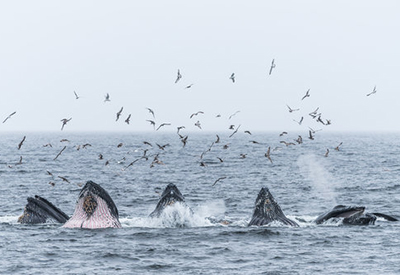 BE WHALE WISE:
BE WHALE WISE:
• Stay at least 200 metres from orcas (400 metres in southern BC coastal waters between Campbell River and just north of Ucluelet), and from all whales, dolphins, or porpoises if they are resting or with their calf.
• Stay at least 100 metres from all other whales, porpoises and other marine mammals.
• If you’re lucky enough to get to travel with whales, always go parallel with their direction (don’t cut across or stop in their path).
• Avoid erratic manoeuvres, and never chase whales or other animals.
• Minimize your wake and engine noise. Turn off your engine if it is safe to do so.
• Turn off echo sounders.
• Report observed violations or harassment of marine mammals to Fisheries and Oceans Canada at 1.800.465.4336.
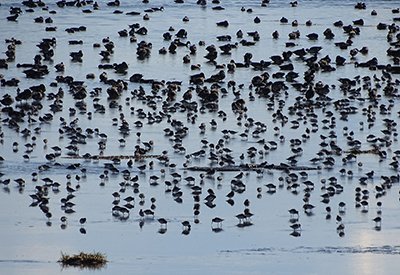 Dunlin and dabblers Photo by Graham Sorenson
Dunlin and dabblers Photo by Graham Sorenson
FOR THE BIRDS:
• Stay at least 100 metres from bird colonies.
• Don’t allow pets ashore where they can disturb birds or nests, which can easily kill young birds.
• Marine birds often nest on the ground or in burrows on small islets, cliffs and shorelines. These nest are difficult to see, so be careful.
• Learn more about protecting migratory birds with Canadian Wildlife Services.
PROTECT SENSITIVE HABITAT:
• Avoid running motors in shallow waters, and anchor in a depth of at least 10 metres.
• Minimize wake in or near sensitive habitat.
• Avoid anchoring in shellfish, kelp and eelgrass beds, or use fixed moorings where possible.
• Take care to avoid damaging sensitive habitat with dinghies, kayaks, or during other activities.
• While it is impossible to keep all pollution out of the water, it is especially important to avoid any releases of waste, oil, sewage, soap or other toxic products around sensitive habitats.
• Transport of invasive species is illegal in BC. Help prevent the spread of aquatic invasive species.
• Follow BC Parks Marine Ethics, which covers sensitive habitat, boater pollution, and low impact kayak and canoe touring practices.
Material provided by Georgia Strait Alliance

